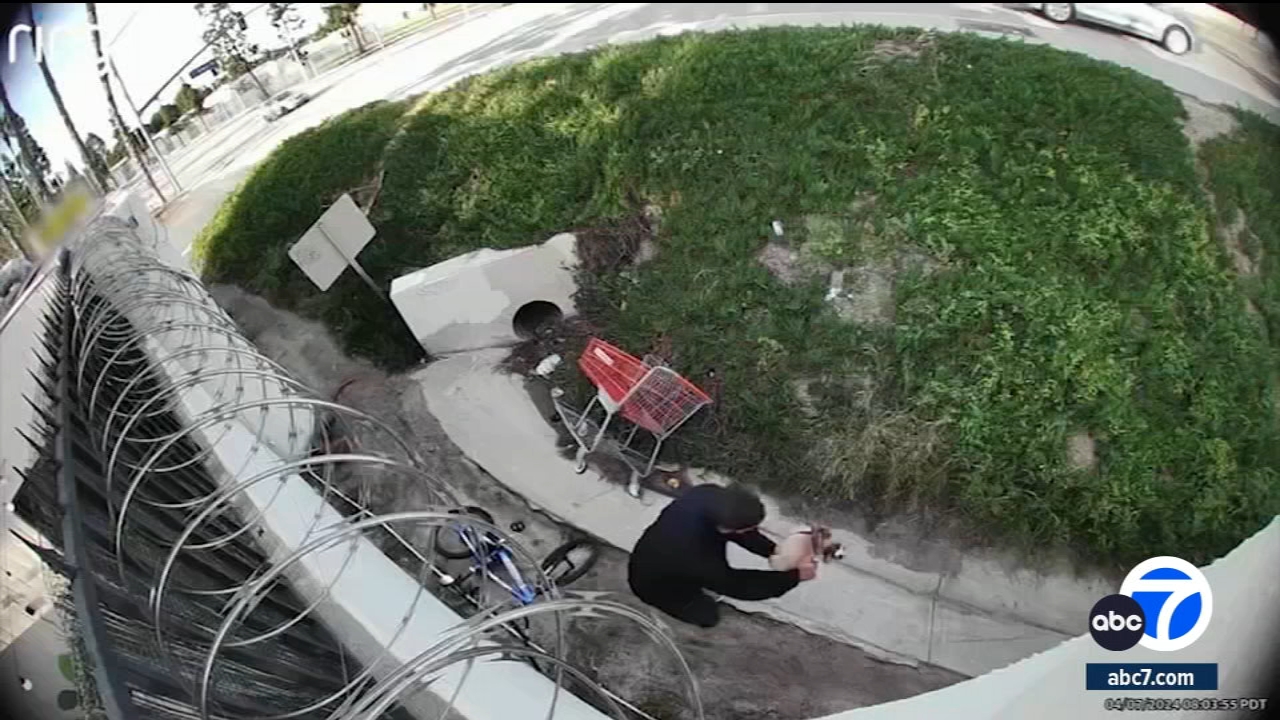Ted Wells defends Deflategate findings amid 'ridiculous' allegations

FOXBOROUGH, Mass. -- Attorney Ted Wells defended his investigation into the New England Patriots' underinflated footballs and quarterback Tom Brady, saying he was taking the uncharacteristic step of speaking out publicly because his independence was questioned.
"All of this discussion that people at the league office wanted to put some type of hit on the most popular, iconic player in the league, the real face of the league, it just doesn't make any sense," Wells said at the end of a 30-minute conference call with reporters. "It's really a ridiculous allegation. What drove the decision in this report was one thing -- it was the evidence. I could not ethically ignore the import and relevancy of those text messages and the other evidence."
Wells cited text messages in which officials locker room attendant Jim McNally referred to himself as the "deflator," and another message in which McNally wrote "im not going to espn........yet."
"No one can ignore the implications of that text message, and no one can see it as a joke," Wells said. "And nor is it circumstantial evidence. It is direct evidence and it is inculpatory."
Wells' voice rose at times as he challenged Brady's agent, Don Yee, to produce all notes from Brady's interview. Yee had been critical of Wells' investigation.
"It is wrong to criticize my independence just because you disagree with my findings," Wells said. "In my mind, the NFL certainly wasn't hoping that I would come back with a report that would find that something happened wrong with the Patriots or Tom Brady. They wanted me to get to the bottom of the facts."
Wells dismissed the notion that the NFL had a sting operation against the Patriots, saying "nobody paid that much attention" to the initial email from the Indianapolis Colts expressing concern about the Patriots possibly using underinflated footballs.
"The Patriots were all over me from day one about why the NFL did not warn them of the complaint and alleging that it was a sting operation," Wells said.
Wells also said the Patriots provided him with "substantial cooperation" except for failing to make McNally available for a second interview. McNally had previously been questioned three times by NFL security.
"We interviewed him before we had discovered that most important text," he said, adding that the Patriots informed him they wouldn't tell McNally of the request.
Wells also said Brady was very cooperative during the process, but refused to let his phone or any information from it be used in the investigation.
"[Brady] answered every question I put to him. He did not refuse to answer any questions," Wells said. "In terms of the back and forth between Mr. Brady and my team, he was totally cooperative.
"At the same time, he refused to permit us to review electronic data from his telephone or other instruments. Most of the key evidence in this case, as in most cases, come from people's cell phones. I want to be crystal clear -- I told Mr. Brady and his agents I was willing to not take possession of the phone. I said 'I don't want to see any private information. You keep the phone. You the agent, Mr. Yee, you can look at the phone. You give me documents that are responsive to this investigation and I will take your word that you have given me what's responsive.' And they still refused."
In assessing his personal opinion, Wells said he thinks Brady is guilty.
"If I were sitting on a jury, and judge charged us with finding 'preponderance of evidence' I would check box 'proven,'" Wells said.
"I used the words 'more likely than not' to make perfectly clear what level of proof I was using, so people didn't think I was using 'beyond a shadow of a doubt' ... 'preponderance of evidence' is commonly used burden of proof in civil cases," Wells explained.
Wells said he bills by the hour and the investigation was "no question" in the "millions of dollars." He didn't specify when asked how much the investigation ultimately cost.
In other developments Tuesday, Brady has hired high-profile sports labor attorney Jeffrey Kessler as part of the legal team handling his appeal, a source told ESPN NFL Insider Adam Schefter.
Kessler has served as outside counsel to the NFL Players Association for multiple appeals, including serving as outside counsel to the NFLPA last year during the appeal of the NFL's indefinite suspension of Ray Rice. Twenty years ago, he helped establish free agency in the NFL by winning the Freeman McNeil case and settling the Reggie White case that focused on restrictions of player movement.
He also represented Patriots coach Bill Belichick back in 2000, when Belichick sued the NFL and the New York Jets in federal court to free himself from his contract with the Jets.




